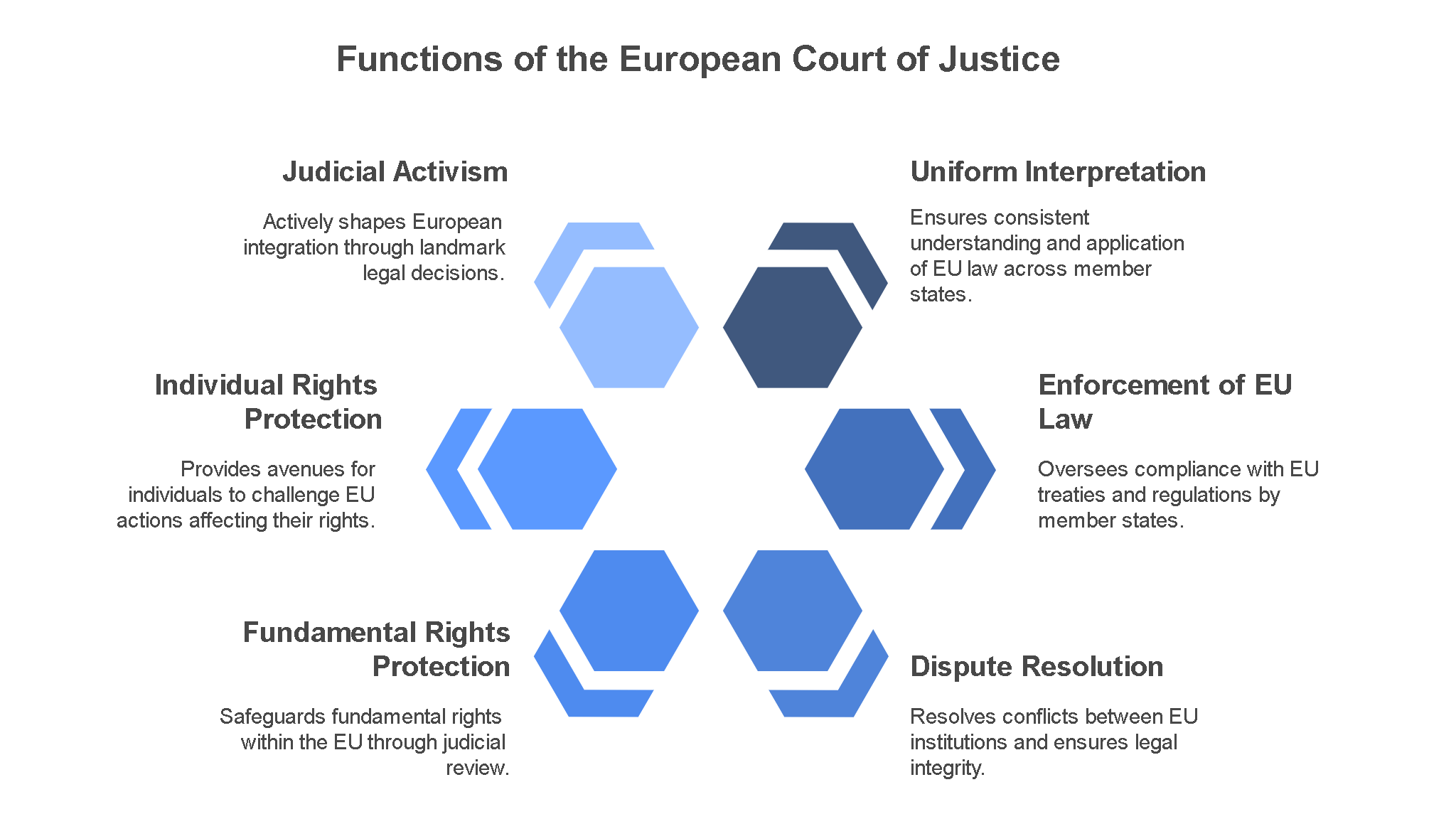The feminist vision of human rights and nationalism offers a critical perspective on traditional interpretations of these concepts. It challenges the patriarchal underpinnings and gender biases inherent in mainstream human rights discourse and nationalist ideologies. Feminist theorists argue for the recognition of women’s rights as human rights and advocate for an inclusive, intersectional approach that addresses the specific needs and experiences of women. Additionally, they critique nationalism for often perpetuating gender inequality and marginalizing women’s voices in the nation-building process.
Feminist Vision of Human Rights
1. Critique of Traditional Human Rights
Traditional human rights frameworks have often been critiqued by feminists for their androcentric nature, focusing primarily on the experiences and rights of men. These frameworks have historically overlooked issues that disproportionately affect women, such as gender-based violence, reproductive rights, and economic inequality.
– Gender-Based Violence: Feminists argue that human rights discourse must prioritize the elimination of gender-based violence, including domestic violence, sexual harassment, and trafficking. These issues are often inadequately addressed in conventional human rights agendas.
– Reproductive Rights: The right to reproductive health and autonomy is a critical aspect of women’s human rights. Feminists emphasize the importance of access to contraception, safe abortion, and maternal healthcare as fundamental human rights.
– Economic Inequality: Women often face systemic economic disadvantages, including wage gaps, unpaid labor, and limited access to resources. Feminist perspectives highlight the need to address these economic disparities to achieve true gender equality.
2. Intersectionality
A key contribution of feminist theory to human rights is the concept of intersectionality, introduced by Kimberlé Crenshaw. Intersectionality examines how various forms of oppression, such as race, class, and gender, intersect and compound each other. This approach emphasizes that women’s experiences of discrimination and rights violations are not monolithic but are shaped by multiple, overlapping identities.
– Inclusive Policies: Feminists advocate for policies that are inclusive and sensitive to the diverse experiences of women, recognizing that marginalized groups (e.g., women of color, LGBTQ+ individuals, disabled women) face unique challenges.
– Holistic Human Rights: An intersectional approach calls for a holistic understanding of human rights that integrates economic, social, cultural, civil, and political rights, ensuring comprehensive protection and empowerment for all women.
3. Women’s Participation
Feminists emphasize the importance of women’s participation in human rights processes and decision-making. Ensuring that women have a voice in political, economic, and social arenas is crucial for achieving gender equality and safeguarding women’s rights.
– Political Representation: Increasing women’s representation in political institutions and leadership positions helps ensure that women’s perspectives and issues are included in policy-making.
– Grassroots Movements: Supporting grassroots women’s movements and organizations is vital for empowering women and advocating for their rights at local, national, and international levels.
Feminist Critique of Nationalism
1. Gendered Nature of Nationalism
Nationalist ideologies often propagate gender norms and roles that reinforce patriarchy. Feminist critiques of nationalism highlight how national identity and state-building processes frequently marginalize women and perpetuate gender inequality.
– Militarization and Masculinity: Nationalism is often intertwined with militarization and notions of masculinity, glorifying male heroism and marginalizing women’s contributions to nation-building. Feminists critique this valorization of military strength and advocate for a more inclusive and peaceful approach to nationalism.
– Cultural Nationalism: Cultural nationalism often promotes traditional gender roles and norms, reinforcing women’s subordination. Feminists argue for a redefinition of national identity that values gender equality and challenges oppressive cultural practices.
2. Women’s Role in National Struggles
Despite their active participation in national liberation movements, women’s contributions are frequently overlooked or undervalued in nationalist narratives.
– Historical Erasure: Women who have played significant roles in independence movements and nation-building are often erased from national histories. Feminists strive to reclaim and highlight these contributions, ensuring that women’s efforts are recognized and celebrated.
– Post-Independence Marginalization: Post-independence, women are often sidelined in the political and economic reconstruction of the nation. Feminist perspectives call for the inclusion of women in these processes to ensure equitable development and governance.
3. Feminist Nationalism
Feminist nationalism seeks to reconcile the aspirations of nationalism with the principles of gender equality. This approach envisions a nation where both men and women can participate equally in the political, economic, and social life of the country.
– Inclusive National Identity: Feminist nationalism advocates for an inclusive national identity that respects and promotes gender equality, recognizing the diverse contributions of all citizens.
– Equitable Policies: Implementing policies that address gender disparities and promote women’s rights within the national framework is essential for achieving a just and inclusive society.
Conclusion
The feminist vision of human rights and nationalism challenges traditional, patriarchal frameworks and advocates for inclusive, intersectional approaches that address the specific needs and experiences of women. By emphasizing the importance of gender equality, intersectionality, and women’s participation, feminist perspectives offer a transformative vision for human rights and national identity. This vision seeks to create a world where women’s rights are fully recognized and upheld, and where nationalism is redefined to embrace inclusivity and equity.
Discover more from IGNOUMATIC
Subscribe to get the latest posts sent to your email.



Leave a Reply